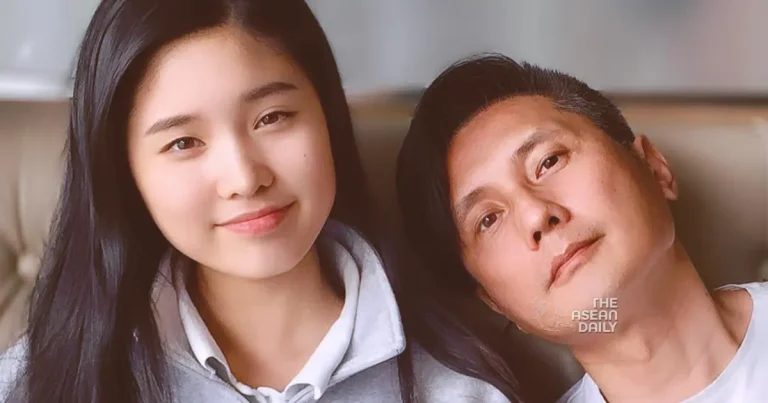13-3-2024 (TAIPEI) When Tino Bao’s daughter succumbed to a rare blood disease in December 2021, the seasoned Taiwanese musician poured out his grief on social media, writing in Mandarin: “At 10:44 am today, I lost the love of my life; my daughter has become an angel. Thank you for being in the Bao family for 22 years and four months. Daddy will forever be by your side from now on; let’s go home.”
However, for Bao and his wife, ‘home’ was no longer the same after the loss of their beloved daughter, Bao Rong. The couple found themselves at a loss, their grief driving them apart for six months, each hesitant to speak, fearing they might inflict further pain on the other, as reported by the South China Morning Post (SCMP).
It was the introduction of their cherished daughter’s digital likeness through artificial intelligence (AI) that facilitated the couple’s reconciliation and reignited their shared journey.
Already immersed in pursuing a doctorate in AI, Tino Bao created a video featuring his late daughter delivering birthday wishes to his wife and even singing her a birthday song.
“Mummy, happy birthday, I really miss you. I hope you will always be happy and pretty,” expressed the AI-generated Bao Rong in Mandarin in the video, which Tino Bao shared on Facebook in January.
According to Bao, recreating his daughter’s image proved relatively straightforward, but capturing her voice posed a challenge. Bao Rong had lost her ability to speak towards the end of her life, he revealed, adorned with a necklace crafted from her bone. Transforming her voice into an AI-generated model became a significant endeavour for Bao.
“The team he worked with trained the generative audio model with only three English sentences his daughter said to her mother on a video call,” SCMP reported.
Tino Bao’s wife, upon hearing the AI-generated voice, remarked, “Why does that voice sound so much like Bao Rong?”
“Because she is Bao Rong,” Bao affirmed.
For Bao, AI serves as a conduit to express love for his departed daughter. Advances in AI technology facilitated the isolation of Bao Rong’s voice from background noise, he explained.
Similarly, AI technology played a pivotal role in the posthumous release of the Beatles’ 2023 song “Now and Then,” successfully isolating John Lennon’s vocals from a 1970s tape recording.
Tino Bao also incorporated his daughter’s digital voice into the intelligent assistant on his phone.
While his attachment to his digital daughter sparks debate on Chinese social media platform Weibo, with opinions divided on whether AI aids or hampers the grieving process, Bao remains conscious of the ethical implications. He deliberated over the potential distortion of his daughter’s cherished memory but ultimately decided to immortalise her in the digital realm.
Apologising on Facebook on March 11 for using the term “resurrect” in his media interviews, Bao acknowledged that AI cannot bring the dead back to life, preferring the terms “restoration” and “reappearance” to describe the digital recreation of his daughter.




